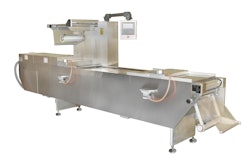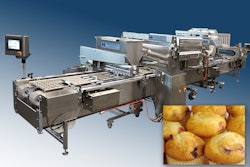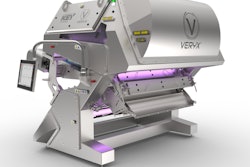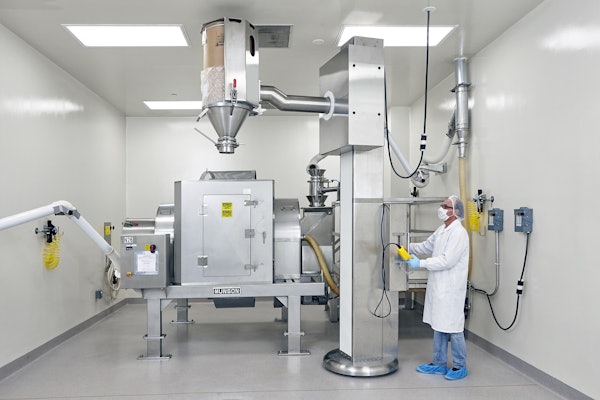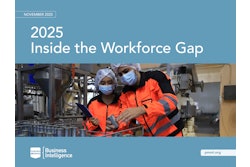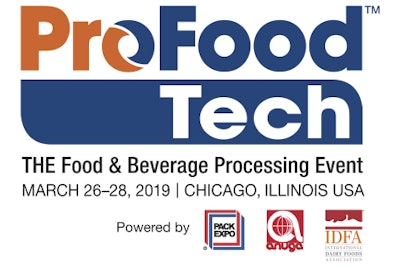
Internally, CPGs report suffering from project “scope creep” as a result of poor initial planning. CPGs also report battling unrealistic expectations from management as they move faster and faster to meet deadlines.
These constant “speed-to-market” pressures can result in expedited turnarounds, as well as limited up front planning and beta testing—leaving little time for contemplative thought.
This quick decision making can result in more product launch failures. CPGs report internal processes are being compromised partly due to budget cuts, as well as these short cuts.
The good news is, CPGs have identified the issues and are taking steps to alleviate the chaos. More CPGs are adopting “voice of the customer” to get a better read on consumers to maximize product launch success.
CPGs also report encouraging, and in some cases, requiring internal stake holders “be at the table” for far-reaching discussions of topics such as TCO (Total Cost of Ownership), for instance.
Most food and beverage processors also report more up-front planning with their OEMs, many are using Front-End loading (FEL) stage gate process for pre-project planning.
A few CPGs reported their operations people are being invited to marketing focus groups to get in on the ground floor of understanding consumer demand and how best to meet it.
Finally, several of the CPGs studied are using PMMI OpX Leadership Network’s FAT document, either adopting it outright or blending it with their own FAT (factory Acceptance Test) Playbook.
Click here for more on OpX FAT Playbook.
Source: PMMI Business Intelligence, ProFoodTech Vision 2025.
Internally, CPGs report suffering from project “scope creep” as a result of poor initial planning. CPGs also report battling unrealistic expectations from management as they move faster and faster to meet deadlines.
These constant “speed-to-market” pressures can result in expedited turnarounds, as well as limited up front planning and beta testing—leaving little time for contemplative thought.
This quick decision making can result in more product launch failures. CPGs report internal processes are being compromised partly due to budget cuts, as well as these short cuts.
The good news is, CPGs have identified the issues and are taking steps to alleviate the chaos. More CPGs are adopting “voice of the customer” to get a better read on consumers to maximize product launch success.
CPGs also report encouraging, and in some cases, requiring internal stake holders “be at the table” for far-reaching discussions of topics such as TCO (Total Cost of Ownership), for instance.
Most food and beverage processors also report more up-front planning with their OEMs, many are using Front-End loading (FEL) stage gate process for pre-project planning.
A few CPGs reported their operations people are being invited to marketing focus groups to get in on the ground floor of understanding consumer demand and how best to meet it.
Finally, several of the CPGs studied are using PMMI OpX Leadership Network’s FAT document, either adopting it outright or blending it with their own FAT (factory Acceptance Test) Playbook.
Click here for more on OpX FAT Playbook.
Source: PMMI Business Intelligence, ProFoodTech Vision 2025.
Internally, CPGs report suffering from project “scope creep” as a result of poor initial planning. CPGs also report battling unrealistic expectations from management as they move faster and faster to meet deadlines.



